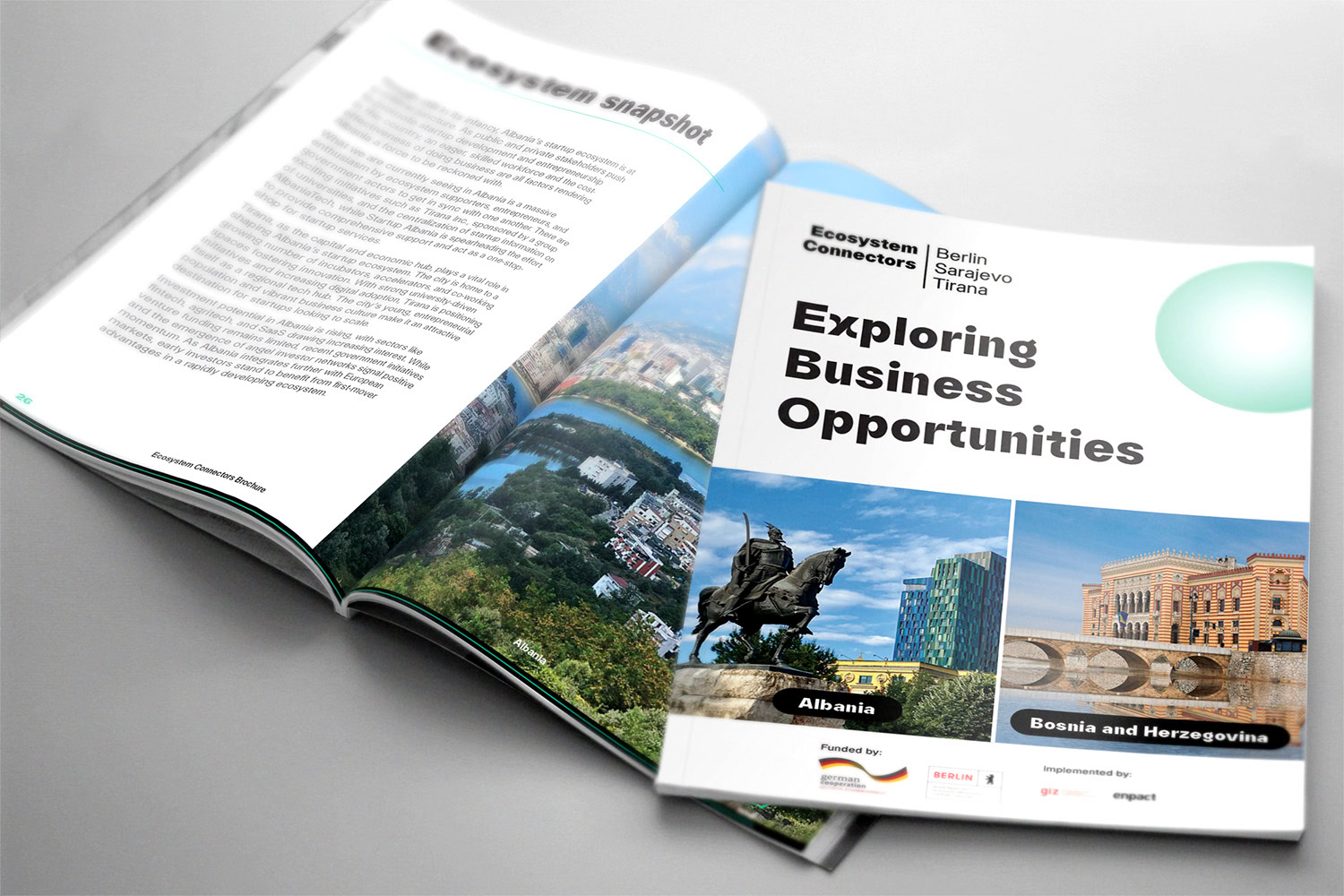Lately, the best piece of advice regarding delegations arrived in my inbox. Notably, from the least expected source – my son’s sports club. While preparing for international travel for a tournament, the club shared the required logistics, information, etc., including the….
Most important rule
When traveling, you are always representing the club you are traveling with. We want to be welcomed guests and leave a good impression! Every participant on the trip shares responsibility for this (we expect you to treat opponents, tournament officials, and the places you visit with respect).
This struck me. Over the last decades, I have participated in, hosted, witnessed, accompanied, praised, and cursed many delegations and their respective delegates. “Leaving a good impression as a guest” is among the most underrated attitudes, values, or objectives. While it is simple in theory, it often falls short in practice. Whether it’s a lack of intercultural awareness, sleep deprivation, or poor expectation management, I have seen delegates, both inbound and outbound, behave like bulls in a China shop.
How to avoid being a bull in a China shop
This is even more unnecessary, as there is such a powerful antidote to it. Attention, curiosity, kindness, and the mere fact of being a decent human being. Or, updating your lecture on Kant’s categorical imperative. Kant said that we should treat other persons as persons and not as tools who can help us in some way. He said we should do this based on the ethical duty that all persons have to each other, an ethical duty which could be called a universal law. Kant’s ideas about this universal law and the categorical imperative are critical basic components of the philosophy of Absolutism. Put more bluntly: Before you do something, ask yourself: “What if everyone did this?” If it’s still okay, then it’s a good action. If it was bad for everyone to do it, then don’t do it. In case of doubt: Don’t do it. Or- even more important: Don’t say it. But, what does this mean in practice, and how can you enhance your own “delegation skills”?
Here is the top seven list
1. Random Acts of Kindness
The most important one. Be kind. To strangers. For no reason whatsoever. This should include: Make someone a compliment. Tip the room service and write them a nice note. Introduce people to each other, highlighting their expertise and make them look good
2. Smile
Practice smiling and then do smile. It’s a door opener
3. Listen more, talk less
This is a tough one for all you extroverts out there – I know (it takes one to know one). But, it is so much more valuable to listen, than to hear yourself talk, again, and again, and again. You never know what kind of new information your counterpart has to share – but you surely know what you are going to say about yourself
4. The emotion is important
People will not remember what you told them anyway. Yes, this is painful, but it is the truth. What people will remember, though, is how you made them feel. Therefore, show them respect, be nice, make them feel appreciated and value-adding.
5. Research “between the lines”
Go beyond the official agenda. Look for podcasts, local news articles, or social media that provide insights into the unwritten rules, current challenges, or hidden success stories of your hosts. This will help you make deeper connections and ask more relevant questions.
6. Identify your expert niche
Instead of trying to know everything, find one or two specific topics where you can offer real value during the trip. Prepare short, concise insights or best practices that you can share informally.
7. Prepare a problem-solving challenge
Think of a small, open-ended problem or challenge that might be relevant to your hosts or other delegates and where your expertise or that of the group could help. Present this as a brainstorming opportunity rather than a lecture.



